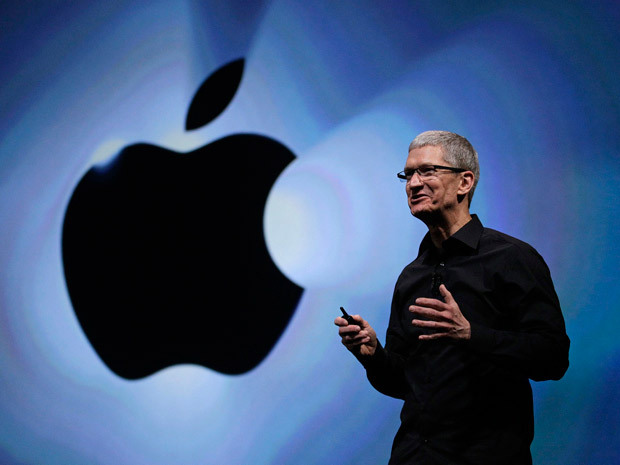
The European Union is on the verge of imposing its inaugural antitrust penalty on Apple, accompanied by a prohibition on App Store regulations that hinder competition, as per the Financial Times.
The anticipated fine, estimated at about €500 million ($539 million), is slated for announcement in the coming month, reports the FT, citing undisclosed sources. Apple could face a fine of up to 10% of its global annual revenue.
Spotify’s Complaint on App Store Policies
This development stems from an extensive inquiry triggered by Spotify’s grievance, alleging Apple’s bias towards its own music service, Apple Music, through App Store policies.
The investigation scrutinizes whether Apple impeded apps from informing iPhone users about cost-effective alternatives for music subscriptions beyond the App Store. It was instigated subsequent to a formal complaint filed by the music-streaming app Spotify to regulators in 2019.
EU’s Allegations and Consequences
Insiders familiar with the matter revealed that the Commission will declare Apple’s actions unlawful, contravening the bloc’s regulations aimed at fostering competition in the single market.
The Commission plans to proscribe Apple’s practice of inhibiting music services from enabling users outside the App Store to switch to more economical options.
Brussels will accuse Apple of leveraging its dominant position and enforcing anticompetitive trading practices against competitors, branding the tech giant’s terms as “unfair trading conditions.”
Significant Regulatory Enforcement
This move marks one of the most substantial financial sanctions imposed by the EU on major tech corporations. Google has faced a series of fines totaling approximately €8 billion over several years, currently under dispute in courts.
While Apple has not previously been fined for antitrust transgressions by Brussels, it faced a €1.1 billion fine in France in 2020 for alleged anti-competitive conduct, later reduced to €372 million following an appeal.
Implications and Future Outlook
The EU’s forthcoming action against Apple reignites the conflict between Brussels and Apple, particularly amid the enforcement of new regulations aimed at fostering competition and empowering smaller tech rivals.
The Digital Markets Act mandates gatekeepers like Apple, Amazon, and Google to adhere to stricter regulations, fostering competition by enabling rivals to share information about their services.
However, concerns persist regarding the pace of competition enhancement, despite Brussels asserting that these changes require time.
